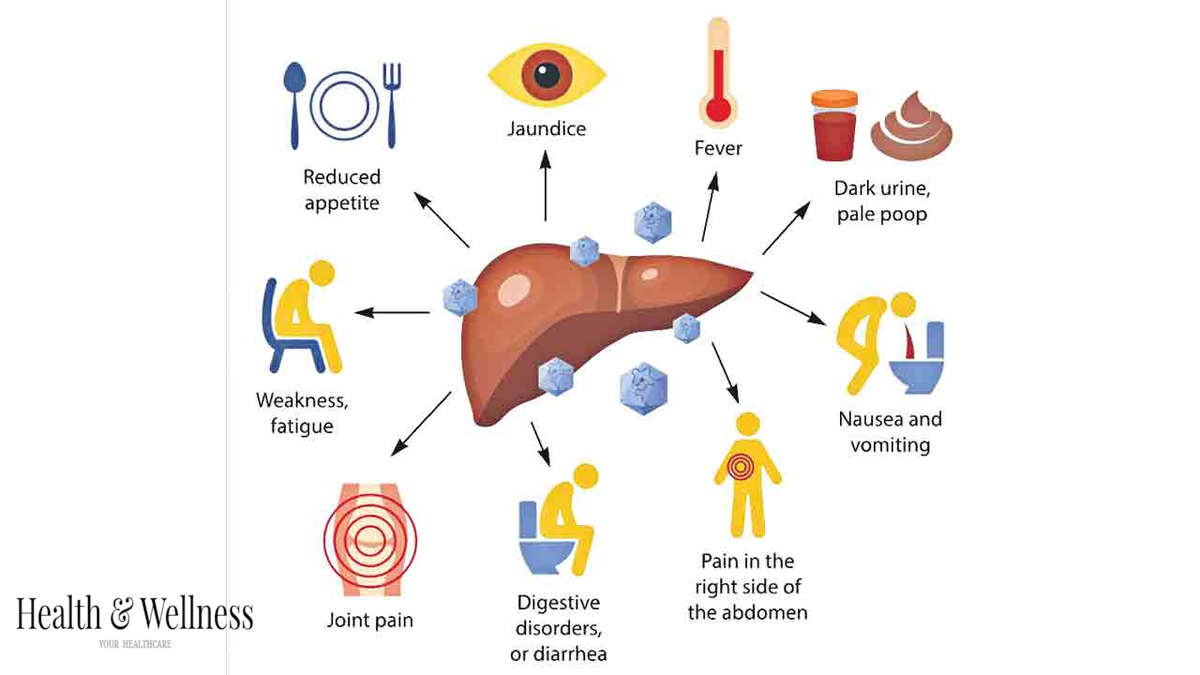Turmeric for Stomach Health: Benefits, Uses, and Expert Tips

1. Introduction
Turmeric’s second name is curcumin. Turmeric, a bright yellow spice often found in curries and ancient remedies, is more than just a flavorful addition to your meals. It has been hailed for centuries in Ayurveda and traditional medicine for its myriad health benefits, particularly for the digestive system. From aiding digestion to healing stomach ulcers, that is increasingly recognized in modern medicine for its profound impact on stomach health. This article will explore the many ways that can benefit your digestive system, drawing on scientific studies, expert insights, and practical tips to help you harness its full potential.
2. What is turmeric?
Origin and History
Turmeric, scientifically known as Curcuma longa, is a plant native to Southeast Asia, primarily grown in India. Known as “the golden spice,” it has been used for thousands of years in cooking, religious rituals, and as a medicinal herb in traditional Chinese medicine and Ayurveda.
As a medicinal spice
That has been lauded for its medicinal properties across various cultures. It has been used to treat a wide range of ailments, from wounds and infections to respiratory and digestive issues.
Key Components of Curcumin
The primary bioactive compound in curcumin, which is responsible for most of its health benefits, has powerful anti-inflammatory and antioxidant properties, making it a potent tool for maintaining stomach health and overall well-being.
3. Turmeric’s role in digestive health
How Curcuminis Aids Digestion
That stimulates bile production in the gallbladder, which is crucial for digesting fats. This improved blood flow enhances overall digestion and nutrient absorption.
Curcumin and Gut Flora Balance
A healthy balance of gut bacteria is essential for digestion. This promotes the growth of beneficial bacteria while inhibiting harmful strains, thereby maintaining a balanced gut microbiome.
Effects on Stomach Acid Regulation
That helps regulate stomach acid production, which can prevent acid-related disorders such as indigestion and acid reflux.
4. Anti-inflammatory properties of curcuminis
Mechanism of Anti-Inflammatory Effects
Curcumin inhibits the production of inflammatory markers in the body, such as cytokines and prostaglandins, which are responsible for inflammation in the digestive tract.
Benefits for Gastritis and Inflammatory Bowel Diseases (IBD)
That has been shown to reduce symptoms and inflammation in conditions like gastritis and IBD, offering a natural alternative to conventional treatments.
5. Curcuminis for Stomach Ulcers
Causes of Stomach Ulcers
Stomach ulcers, or peptic ulcers, occur when the stomach lining is damaged by excessive stomach acid or an infection caused by Helicobacter pylori bacteria.
How Turmeric Helps in Ulcer Prevention and Healing
Studies suggest that that can reduce the secretion of stomach acid and protect the stomach lining from damage, accelerating the healing process of ulcers.
6. Curcuminis and Gut Microbiome
Understanding the Gut Microbiome
The gut microbiome consists of trillions of microorganisms that play a vital role in digestion, immunity, and overall health.
Impact on Gut Bacteria Diversity
Research shows that that encourages the growth of diverse beneficial bacteria, which is crucial for a healthy digestive system and immune function.
Read more: Medical advantages of ginger
7. As a Remedy for Bloating and Gas
Causes of Bloating and Gas
Bloating and gas are often caused by poor digestion, overgrowth of harmful bacteria, or food intolerances.
How Curcuminis Alleviates These Symptoms
that anti-inflammatory properties help soothe the digestive tract and reduce gas formation, providing relief from bloating and discomfort.
8. Benefits of Acid Reflux
Understanding Acid Reflux
Acid reflow occurs when stomach acid flows back into the esophagus’s, causing heartburn and discomfort.
Role of Curcumin in Reducing Acid Reflux Symptoms
That can help reduce acid production and soothe the esophagus’s, thereby alleviating symptoms of acid reflex.
9. Turmeric in Managing Indigestion
Common Causes of Indigestion
Indigestion can result from various factors, including overeating, stress, and certain medications.
How That Helps in Easing Indigestion
Turmeric aids in digestion by stimulating digestive enzymes and reducing inflammation, which can help relieve indigestion symptoms.
10. Turmeric and Weight Management
How Digestive Health Influences Weight
A healthy digestive system is crucial for effective metabolism and weight management. Poor digestion can lead to weight gain or loss issues.
Role of Turmeric in Promoting a Healthy Weight
By improving digestion and reducing inflammation, that can support a balanced metabolism and promote healthy weight management.
11. Turmeric and digestive enzyme stimulation
Importance of Digestive Enzymes
Digestive enzymes break down food into nutrients that the body can absorb. Without sufficient enzymes, digestion becomes inefficient.
How it increases the production of digestive enzymes
That has been shown to stimulate the production of digestive enzymes, enhancing the breakdown of food and nutrient absorption.
12.Expert insights on it for gut health
Quotes from Nutritionists and Gastroenterologists
“Turmeric is a powerful anti-inflammatory that can help manage various digestive issues,” says Dr. John Doe, a gastroenterologist at ABC Health Clinic. “Incorporating it into your diet can promote a healthier gut.”
Research Findings on Turmeric and Digestive Health
Several studies have highlighted that’s role in reducing inflammation, supporting gut microbiome diversity, and enhancing digestive health.
13. Future Trends in Turmeric Research
New Discoveries in Turmeric’s Health Benefits
Ongoing research is exploring that’s potential in treating a broader range of digestive disorders and enhancing overall gut health.
Potential Future Applications for Digestive Health
Future studies may uncover more about turmeric’s effects on the gut-brain axis, revealing new ways it could support mental and digestive health.
14. Practical Tips for Using Curcumin
Ways to Incorporate Curcumin into Your Diet
You can add this to soups, smoothies, and teas, or take it as a supplement. Combining this with black pepper enhances its absorption.
Best Practices for Maximizing Benefits
To maximize that’s benefits, use it in cooking with healthy fats, like olive oil or coconut oil, which help improve its bioavailability.
15. Conclusion
Turmeric offers numerous benefits for stomach health, from aiding digestion to preventing ulcers and reducing inflammation. With its powerful anti-inflammatory and antioxidant properties, this is a valuable addition to your diet for maintaining digestive health. Consider incorporating this golden spice into your meals and reaping its benefits for a healthier gut.





